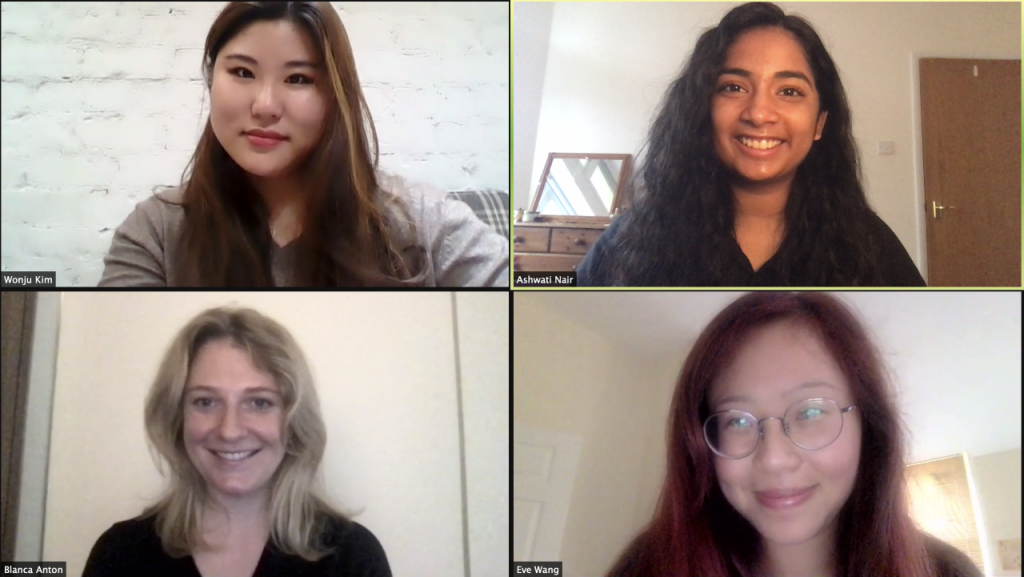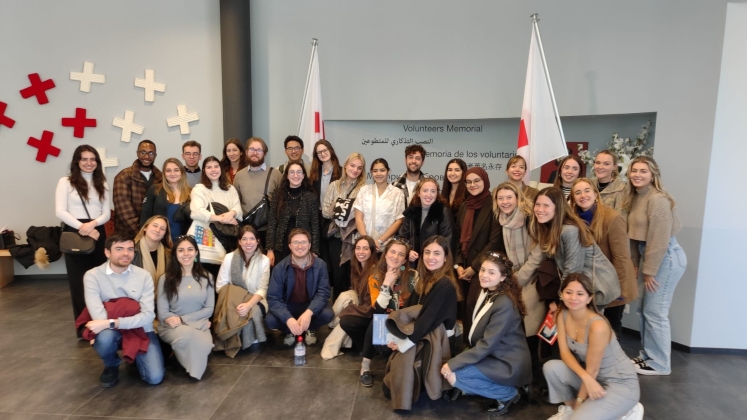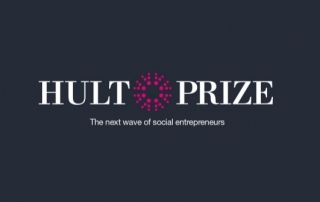Graduating students from the 2020-21 MSc Health and International Development programme, Blanca Anton, Wonju Kim, Ashwati Nair and Eve Wang share insights into their consultancy project for UNICEF. Their report, published by UNICEF, compiles research conducted on menstrual hygiene management in low- and middle-income countries.
As part of the International Development Consultancy Project, which is an optional course of the MSc in Health and International Development, we were given the opportunity to undertake research on menstrual hygiene management (MHM) for the United Nations Children’s Fund (UNICEF). We, a team of four postgraduate students from the Department of International Development at the LSE, generated a cross-country study on MHM in 25 low- and middle-income countries (LMICs). Our report identifies women and adolescent girls who are most likely to practice inadequate MHM and experience social exclusion due to menstruation in LMICs. It further outlines the unmet menstrual needs of women and adolescent girls and provides recommendations for future Multiple Indicator Cluster Survey (MICS) rounds and other household surveys in order to further understand the multi-faceted issue.
Menstrual hygiene management
Globally, over 1.8 billion people experience the monthly biological process of menstruation. While the importance of MHM has been acknowledged by the international community, there is still a lack of comparative quantitative research in this field. Menarche is an important milestone for girls and marks the capability to reproduce. As girls experience changes and new opportunities, the period of menarche could elicit a feeling of self-empowerment. However, especially in low- and middle-income countries (LMICs) women and adolescent girls often face discriminatory gender norms, social exclusion and often feel ashamed of menstruation.
UNICEF is playing a pivotal role in improving menstrual hygiene practices, raising awareness about menstruation and building knowledge amongst women and adolescent girls worldwide. One crucial contribution is the inclusion of MHM related questions into the sixth round of the Multiple Indicators Cluster Surveys (MICS). Since its inception in 1995, more than 300 surveys have been carried out in 118 countries, making MICS the “largest source of statistically sound and internationally comparable data on women and children worldwide” (MICS UNICEF 2021, para 1.). The inclusion of questions about menstruation in this household survey underlines the importance of MHM and further allows for cross-cultural research and cross-country comparisons.
Our work
The purpose of this project was to conduct a cross-country study of the available data from the MICS sixth round (2017-2020) to identify groups that are most likely to practice inadequate MHM and experience social exclusion due to menstruation in LMICs. The data from women and adolescent girls aged 15-49 who reported having menstruated during the past 12 months were analyzed. The analysis was limited to countries that had published their data at the time of commencement of this project (October 2020); a total of 25 countries fulfilled the criteria.
A descriptive analysis of the tables was conducted to assess the effect of water, sanitation and hygiene (WASH) facilities and selected socioeconomic factors on the use of appropriate materials, access to a private place to wash and change at home, and exclusion from social activities, school or work due to menstruation. Based on our findings, recommendations have been developed for future MICS rounds in order to further understand the unmet menstrual needs of women and adolescent girls.
This was overall a challenging but extremely rewarding experience for us. For some of the group members, it was their first time conducting research, handling such a large dataset and working with an international organisation. Each one of us came from a different academic background and we were able to share our unique skills and work towards our common goal. Additionally, working during a pandemic, our team was based in four different time zones – South Korea, the United Kingdom, Germany and the United States – which made it difficult to find times to meet that suited all of us. However, with the help of modern technology and maintaining an open line of communication, we were able to work together and develop the report. We have all learnt a great deal from working on this project and have gained valuable skills and experience. Furthermore, we are very grateful for the amazing UNICEF team who provided guidance and technical support throughout the project and published our report as part of the UNICEF MICS Methodological Papers Series.

The views expressed in this post are those of the author and in no way reflect those of the International Development LSE blog or the London School of Economics and Political Science.
Photo: A girl speaking at Menstrual Hygiene Day in Ethiopia, 2018. Credit: UNICEF Ethiopia on Flickr.





